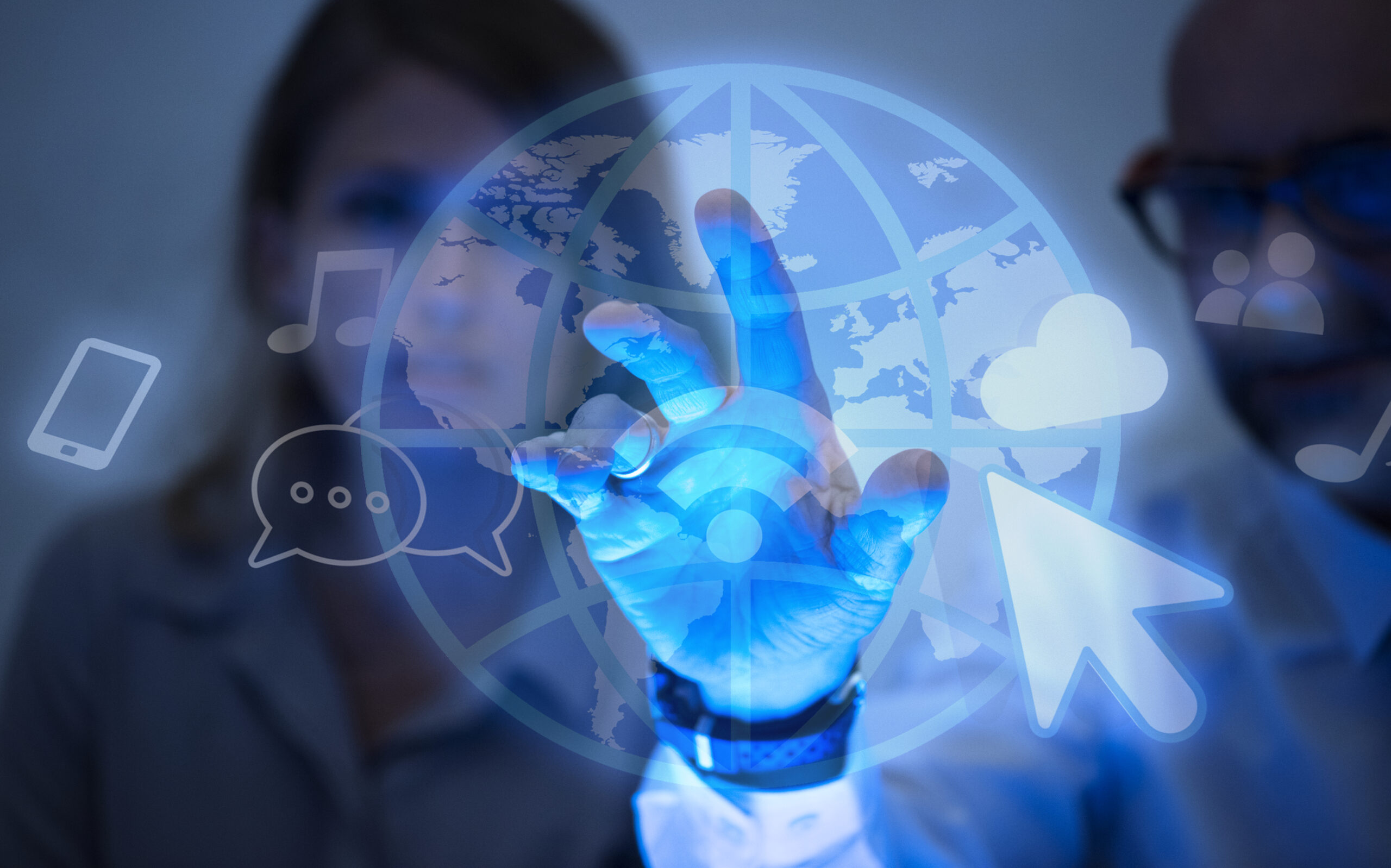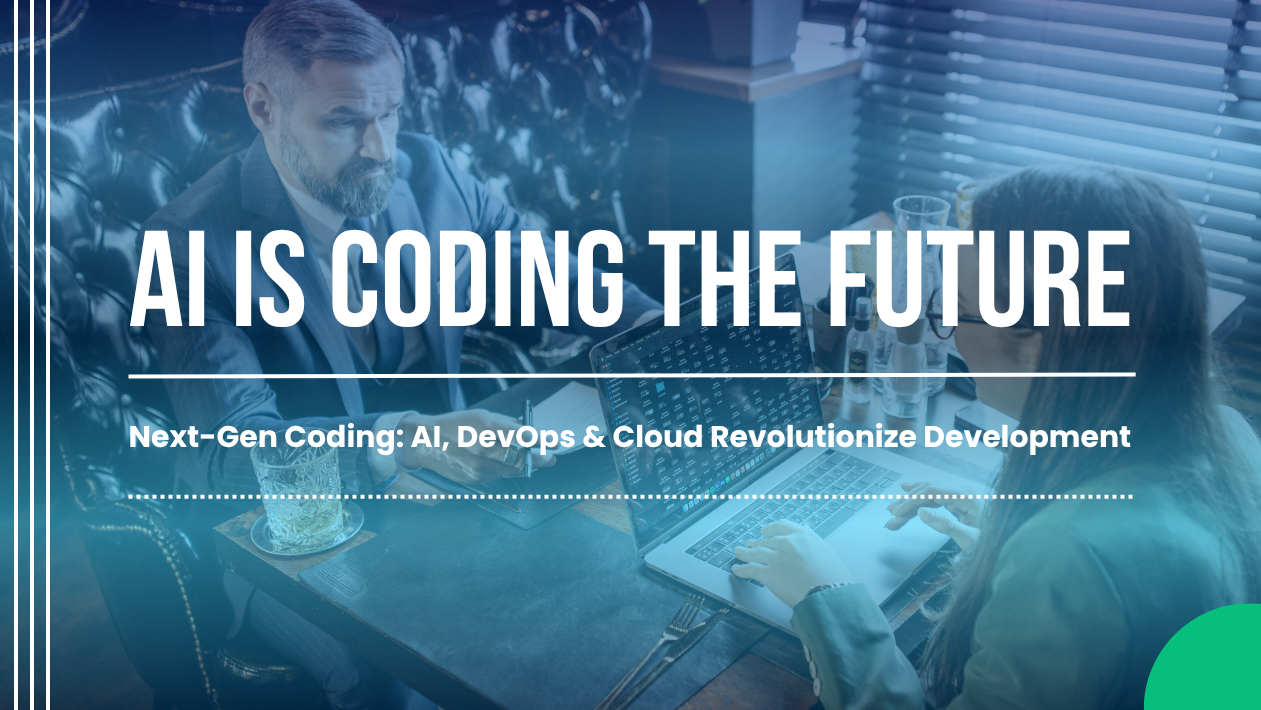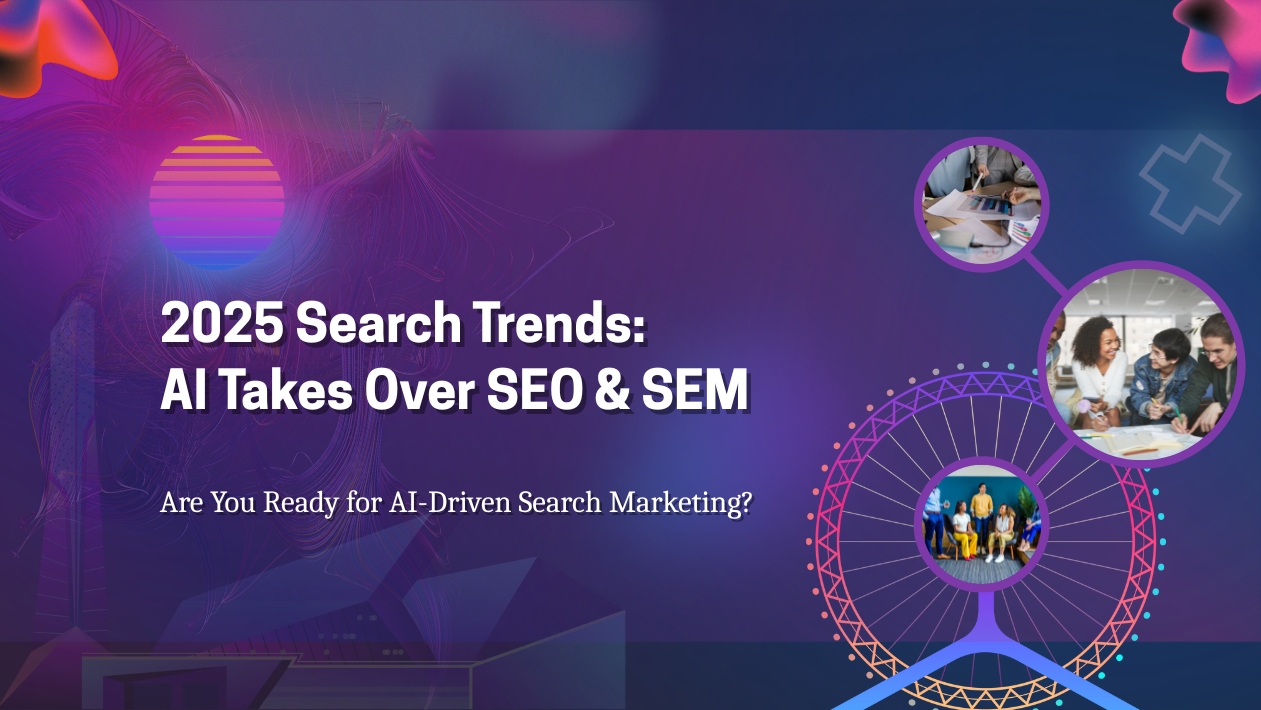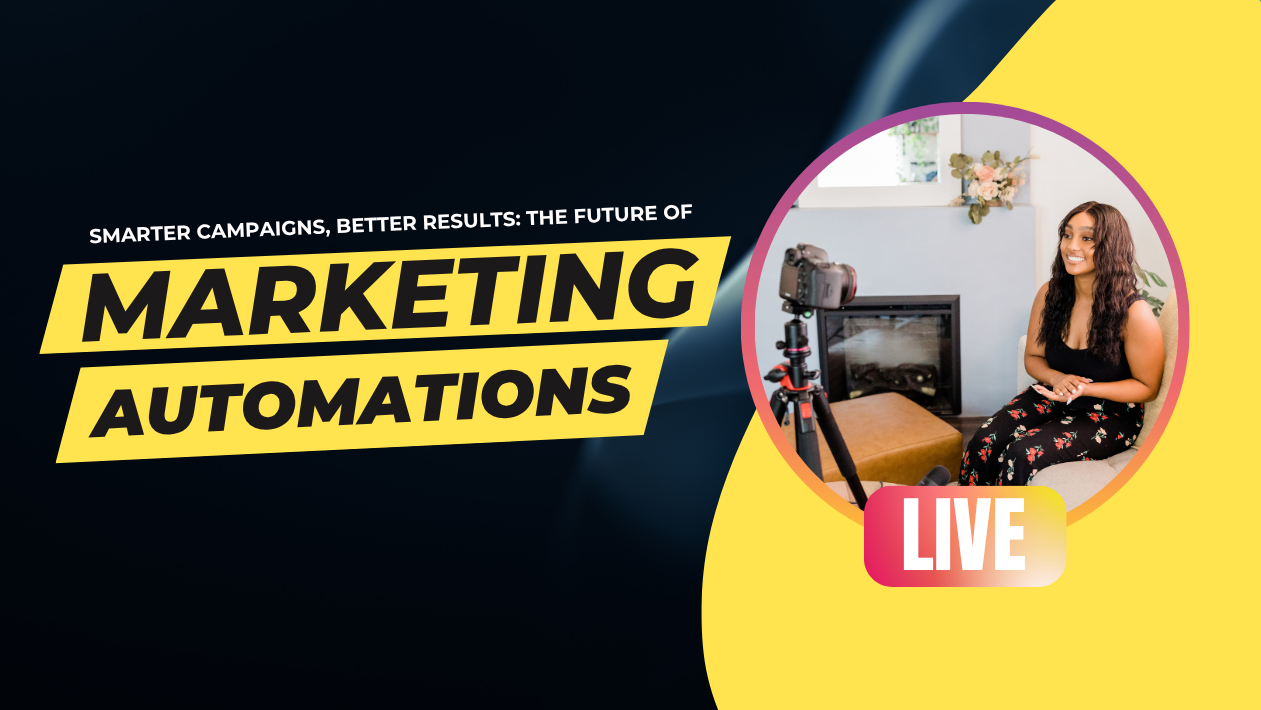Marketing automation is no longer just about saving time—it’s now the engine driving hyper-personalized, AI-powered customer experiences. In 2025, brands are leveraging automation tools not only to streamline workflows but also to deliver real-time, predictive, and emotionally resonant marketing across multiple channels.
According to a report from Forrester, companies using advanced marketing automation platforms have seen a 33% boost in ROI and a 22% improvement in customer retention this year alone.
AI-Powered Personalization at Scale
Marketing platforms like HubSpot, Salesforce Marketing Cloud, and Adobe Journey Optimizer are integrating advanced AI and machine learning to create customer journeys that adapt in real time. From automated product recommendations to dynamic email content, personalization is now behavior-driven and context-aware.
Predictive Analytics Drives Campaign Timing and Messaging
By analyzing user behavior, purchase history, and engagement patterns, marketers are now using predictive models to determine the optimal time, channel, and message for each individual customer.
Tools like Marketo Engage and ActiveCampaign are helping teams anticipate customer needs—automating not just responses but intent-based outreach.
Omnichannel Automation Takes the Lead
Modern consumers interact with brands across web, mobile, social, and even voice. Marketing automation tools in 2025 seamlessly orchestrate messaging across all touchpoints, ensuring consistent brand communication while reducing manual effort.
From triggered WhatsApp follow-ups to automated SMS re-engagement, multichannel marketing is now automated end-to-end.
No-Code Tools Empower Non-Technical Marketers
A surge in no-code automation platforms is democratizing advanced campaign creation. Marketers without technical backgrounds can now build complex workflows, segment audiences, and launch multivariate tests using drag-and-drop interfaces.
Platforms like Mailchimp, Autopilot, and MoEngage are leading the way with user-friendly automation builders.
Privacy and Compliance Automation Becomes a Priority
With tightening regulations like GDPR 2.0 and India’s DPDP Act, marketing automation tools are also focusing on automated consent management, data residency controls, and compliance alerts to help marketers stay legally sound while maintaining personalization.
Looking Ahead: Marketing That Thinks Ahead
The future of marketing automation is proactive and intelligent—tools will not only react to user behavior but also forecast intent, adjust journeys automatically, and even test new campaign formats without human input.
As brands race to stay relevant in a noisy digital space, those who invest in real-time, AI-enhanced marketing automation will lead in both engagement and growth.





